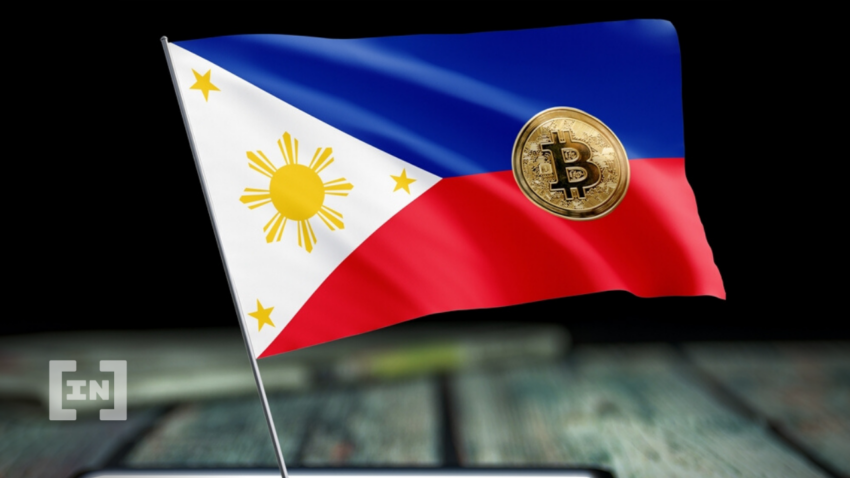In a memorandum dated August 10, The Central Bank of the Philippines, also known as Bangko Sentral ng Pilipinas (BSP) says in September, the regular application window for new Virtual Asset Service Provider licenses (VASP) will wind down for three years, and will be a subject to reassessment on the current market developments.
”The Bangko Sentral will no longer process these applications further. Meanwhile, existing BSP Supervised Financial Institutions (BSFls) who wish to expand operations by offering VASP services, including noncustodial VASPs who wish to offer safekeeping and/or custodial services, may still apply for a VASP license provided that they have a Supervisory Assessment Framework,“ Chuchi Fonacier, the officer in charge at the Central Bank, wrote in a memo.
According to the Central bank, the move intends to “strike a balance between promoting innovation in the financial sector and ensuring that associated risks remain within manageable levels” adding that it will not block license applications that were submitted and passed and complied with stage two of the bank’s licensing process as of August 2022.
Current virtual exchange guidelines
The suspension announcement comes months after the Philippines issued tight guidelines for the already established firms dealing in crypto and other exchanges.
“It is the policy of the Bangko Sentral to provide an environment that encourages financial innovation while at the same time ensure that the Philippines shall not be used for money laundering (ML) or terrorist financing (TF) activities and that the financial system and financial consumers are adequately protected”, the Central Bank Office of the Governor announced some months ago joining other nations who have moved to regulate the Bitcoin and cryptocurrencies.
It is reported by the local media that the recent regulations have crippled the economy and the Philippines, as the country feels it is being exploited by the firms attracted to the Filipino cryptocurrency sector as an under-regulated financial hub.
Recently, the Philippines also noted that will not or doesn’t intend to endorse any currency such as bitcoin since it’s neither issued by a central bank nor backed by any commodity.
At least Nineteen companies are still pending approval to offer virtual assets, including cryptocurrencies
What do you think about this subject? Write to us and tell us!
Disclaimer
In adherence to the Trust Project guidelines, BeInCrypto is committed to unbiased, transparent reporting. This news article aims to provide accurate, timely information. However, readers are advised to verify facts independently and consult with a professional before making any decisions based on this content. Please note that our Terms and Conditions, Privacy Policy, and Disclaimers have been updated.


